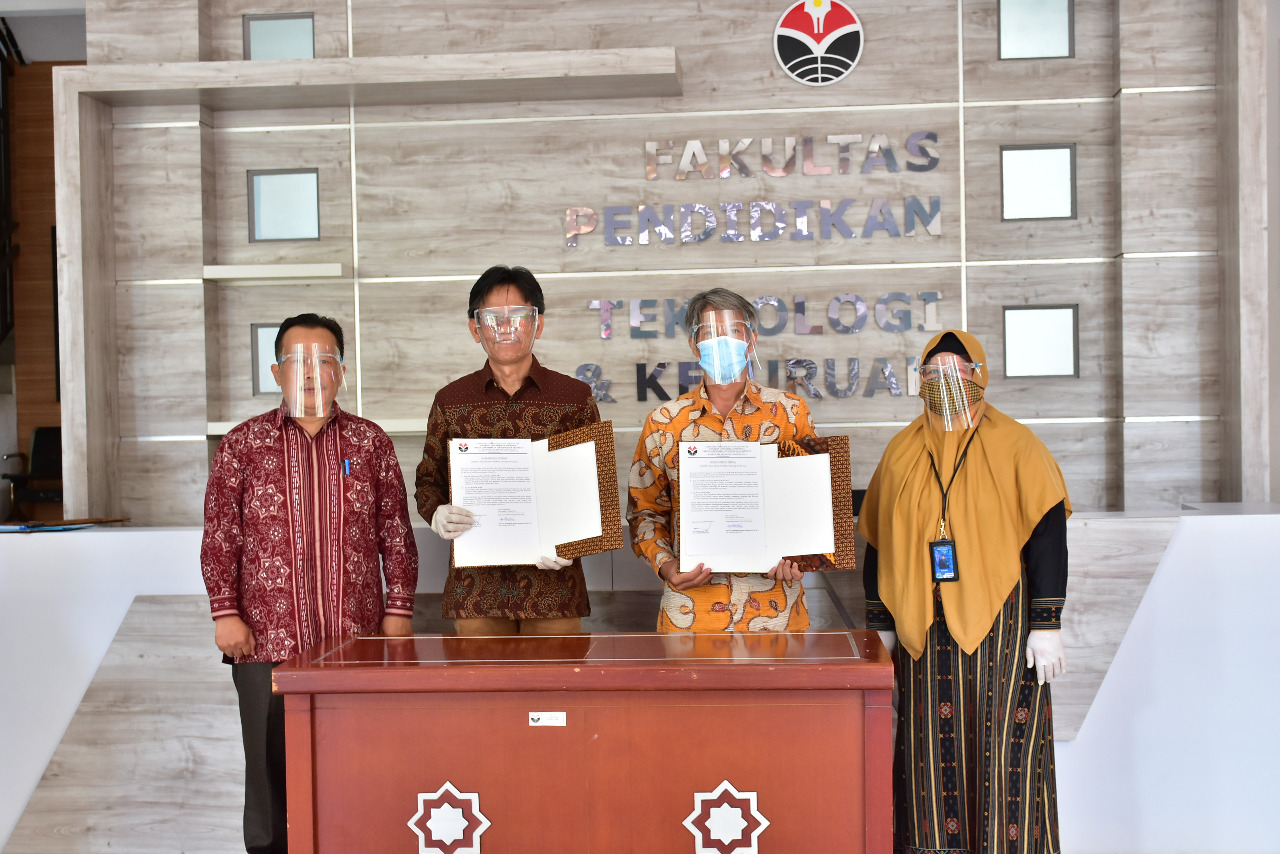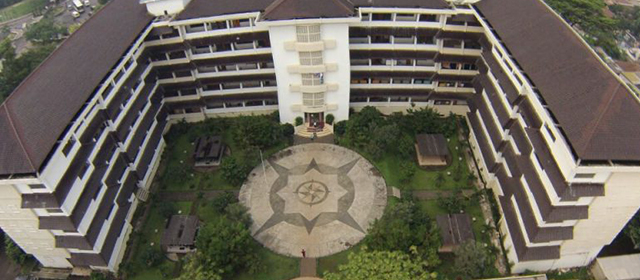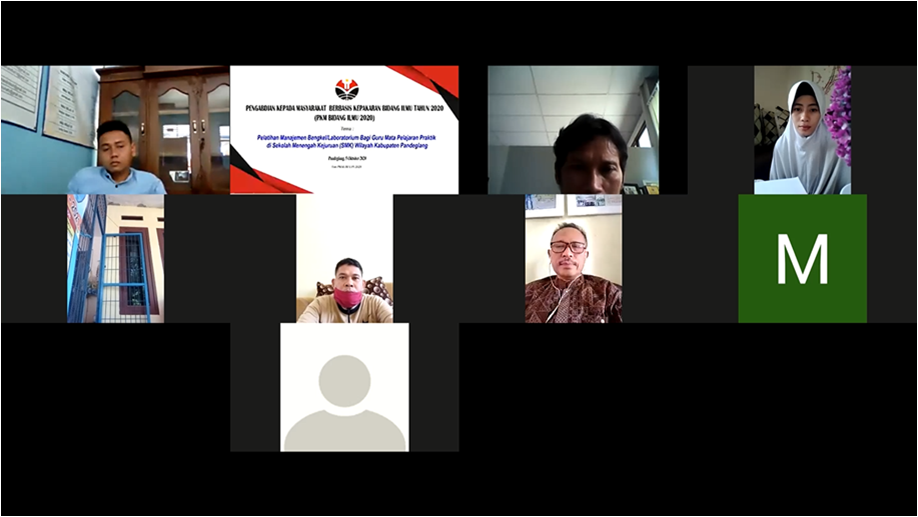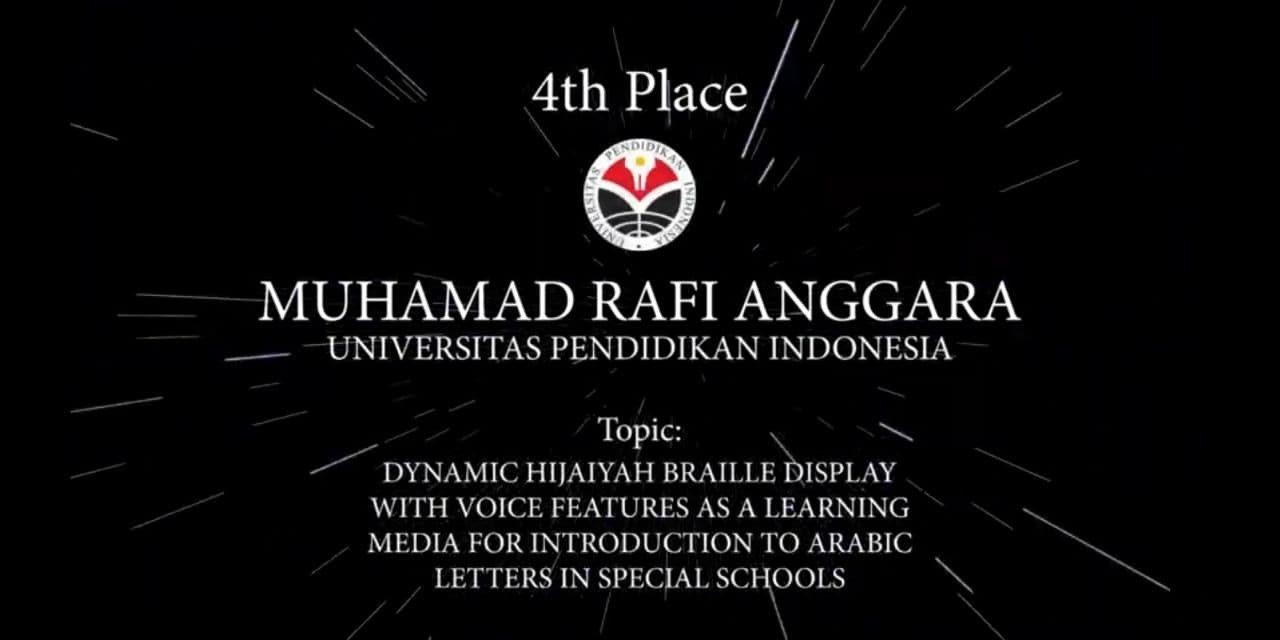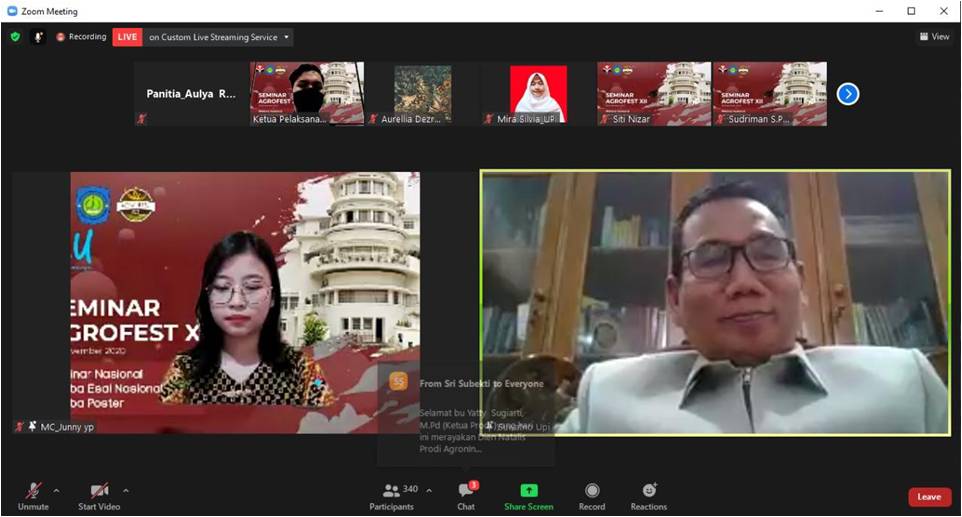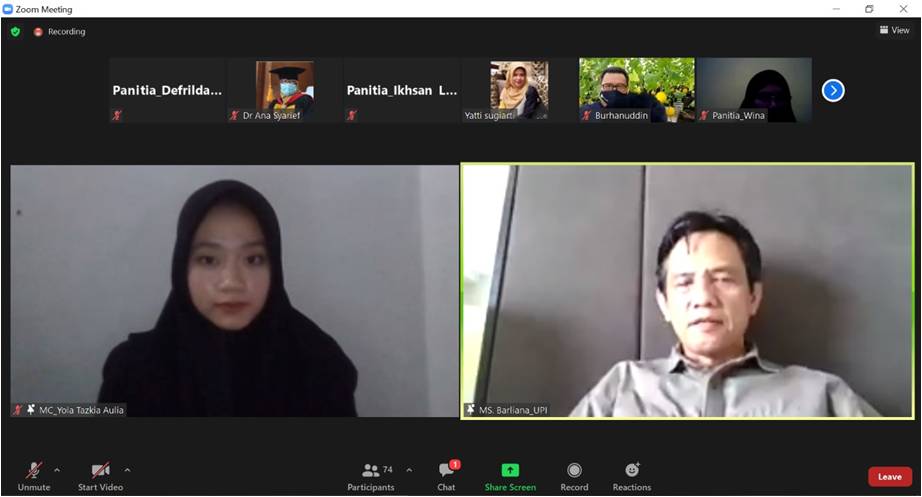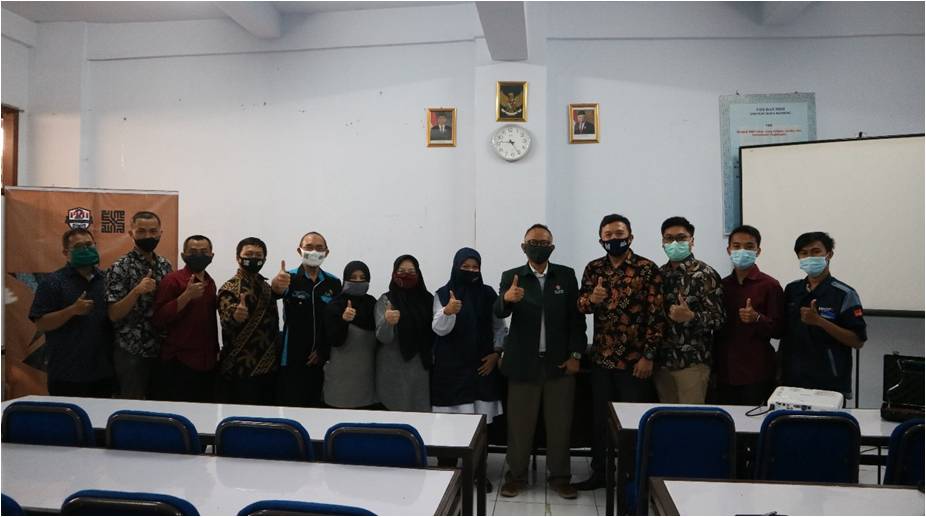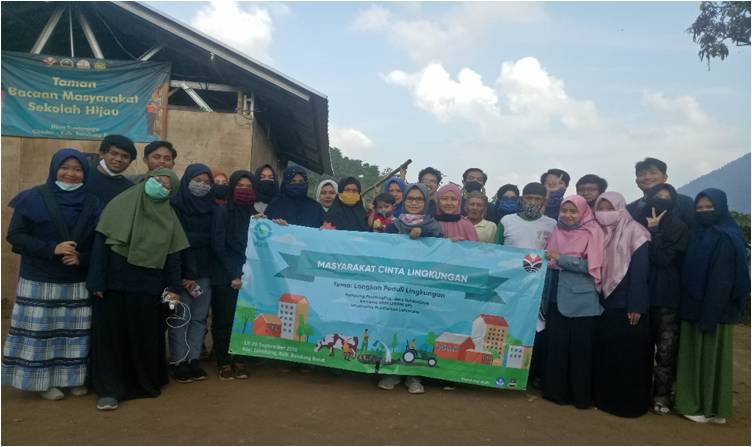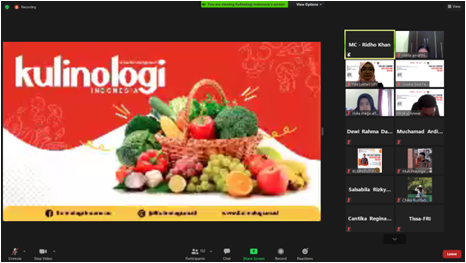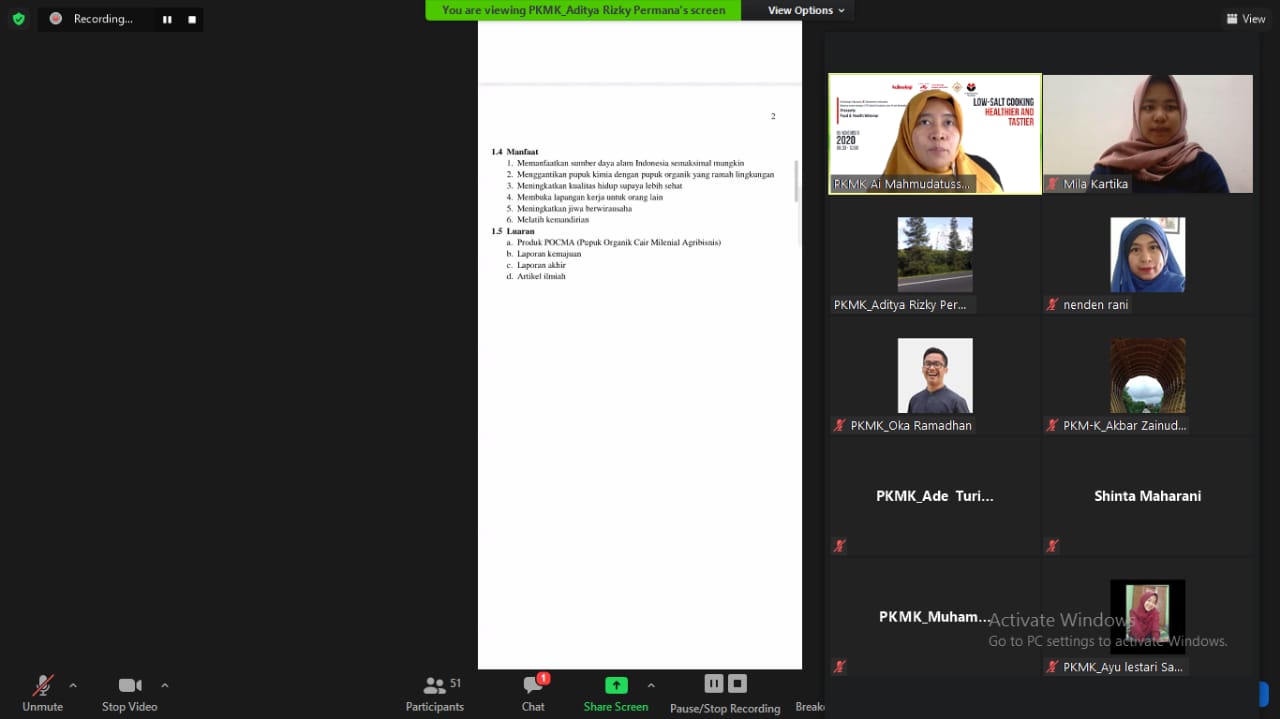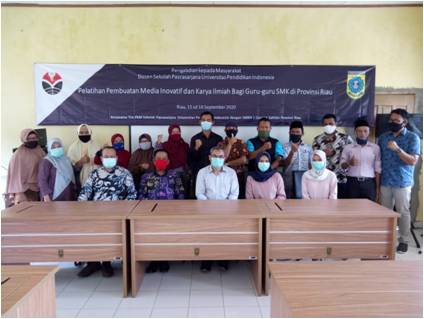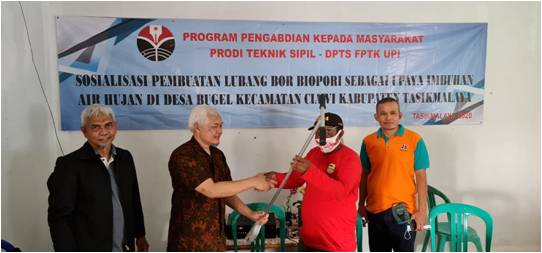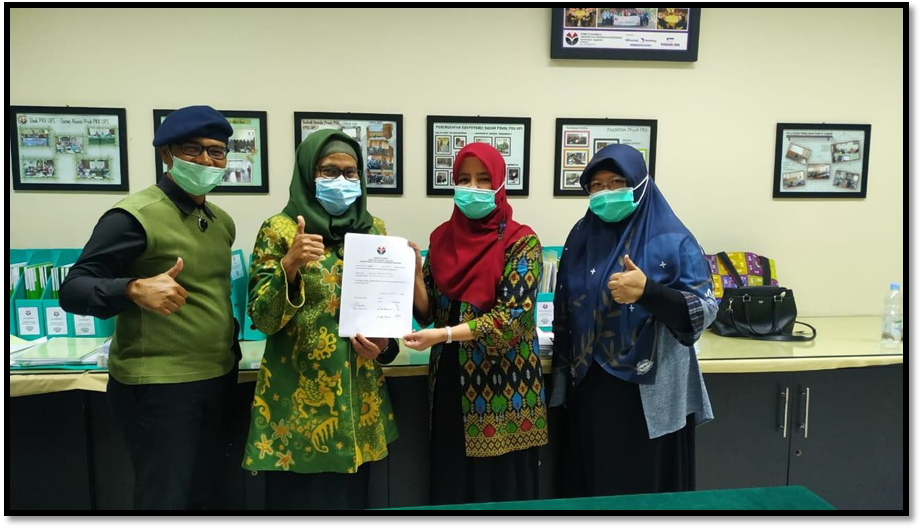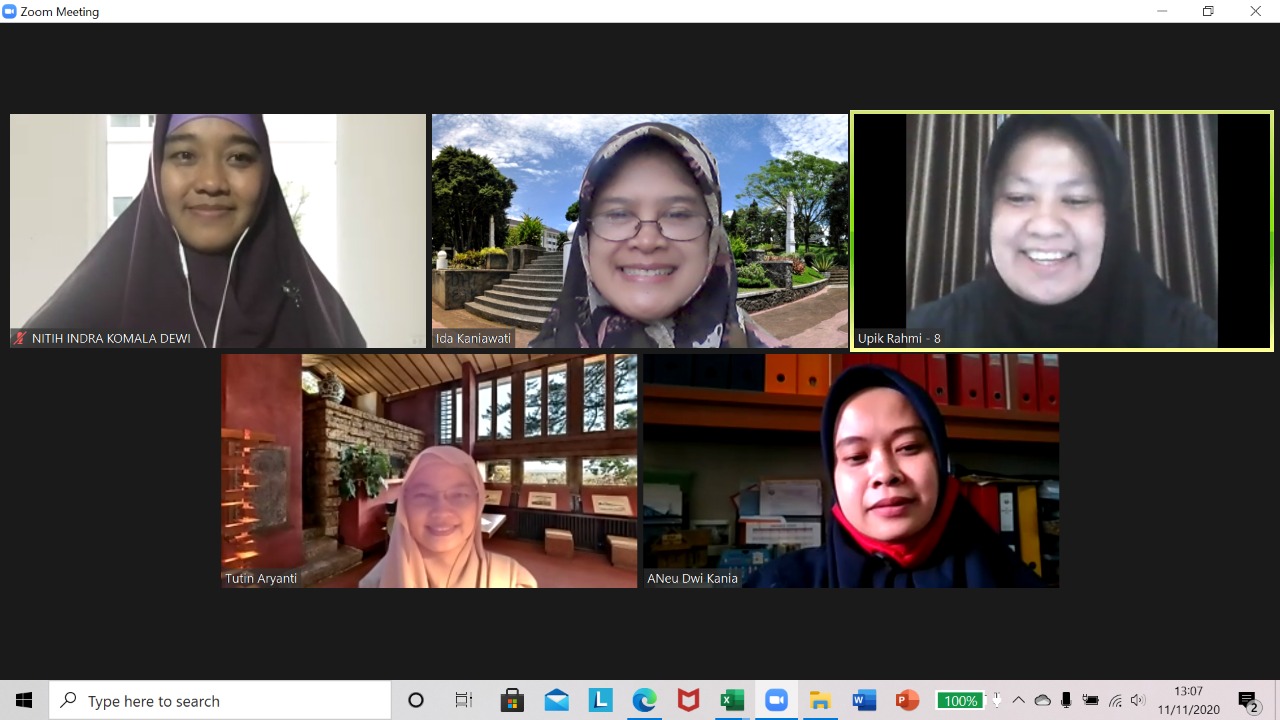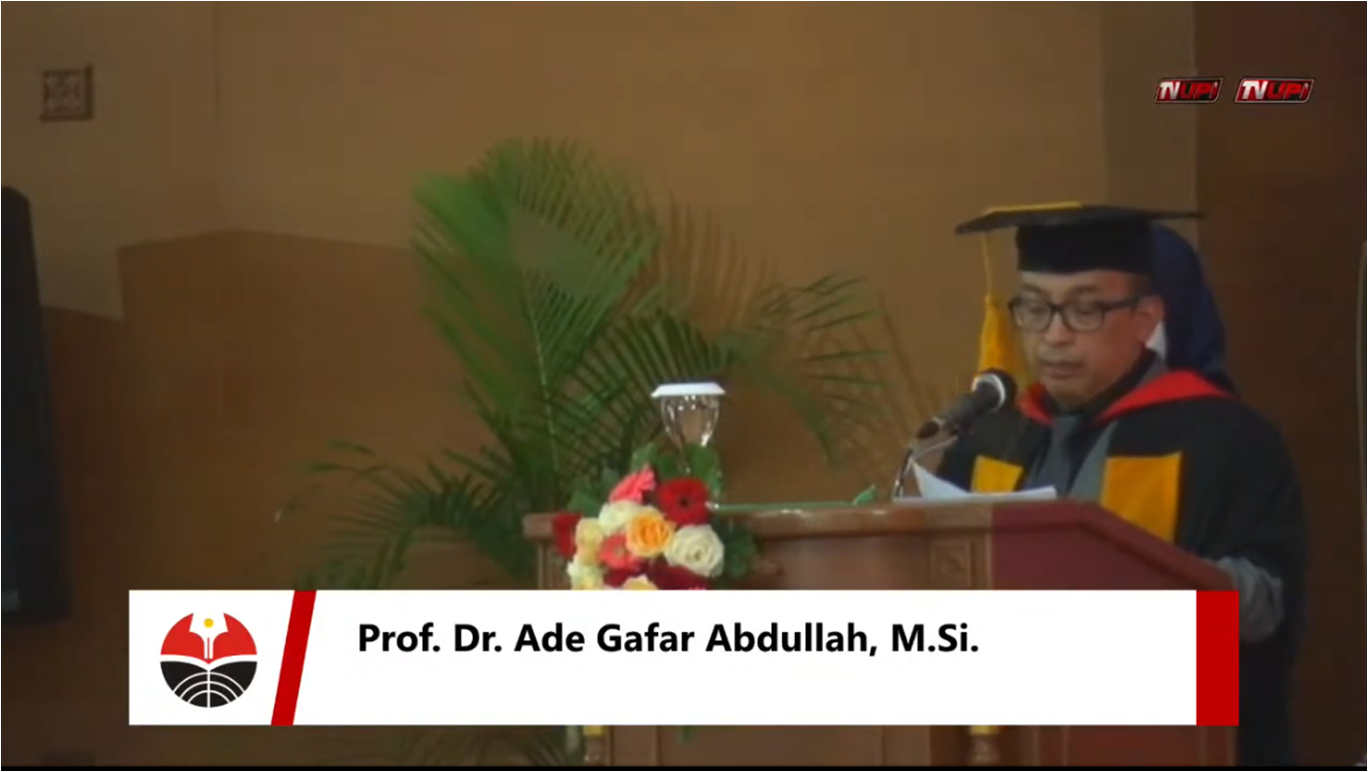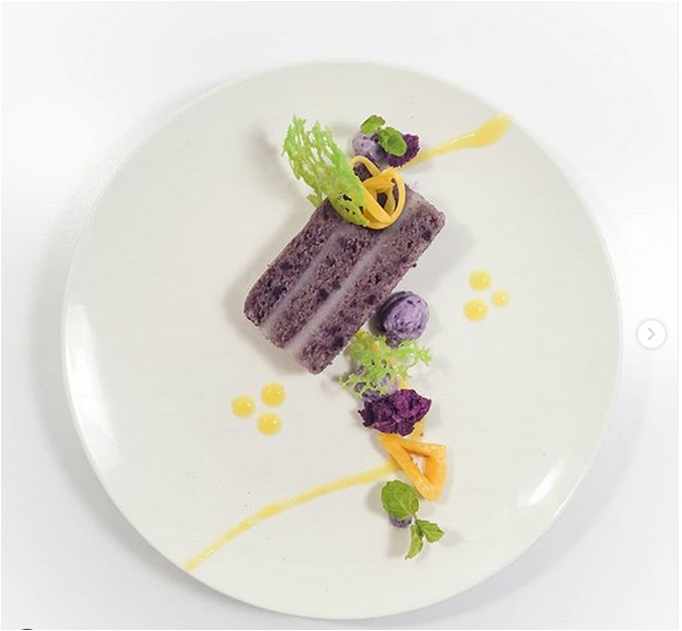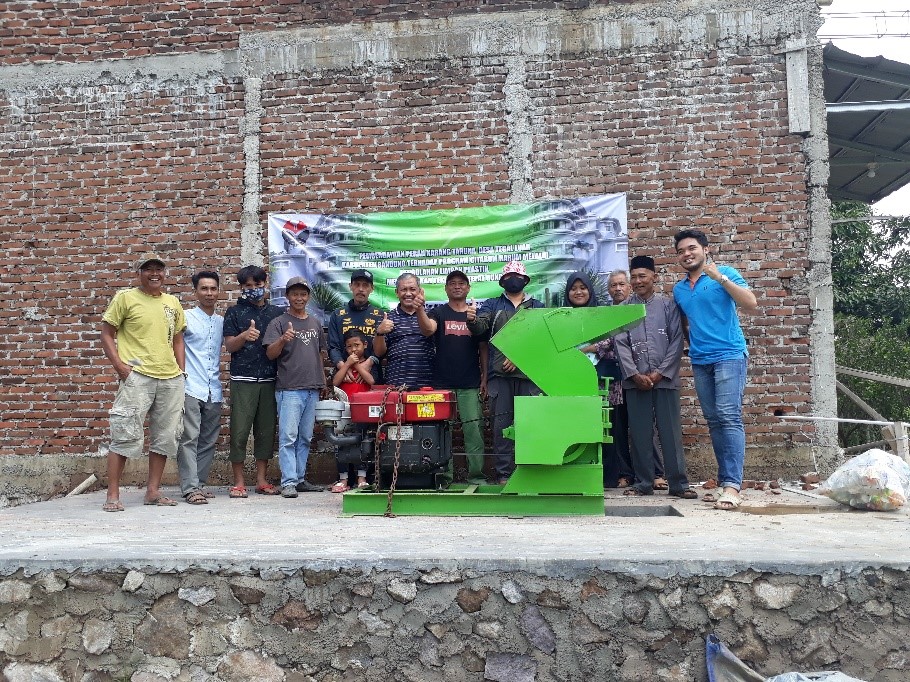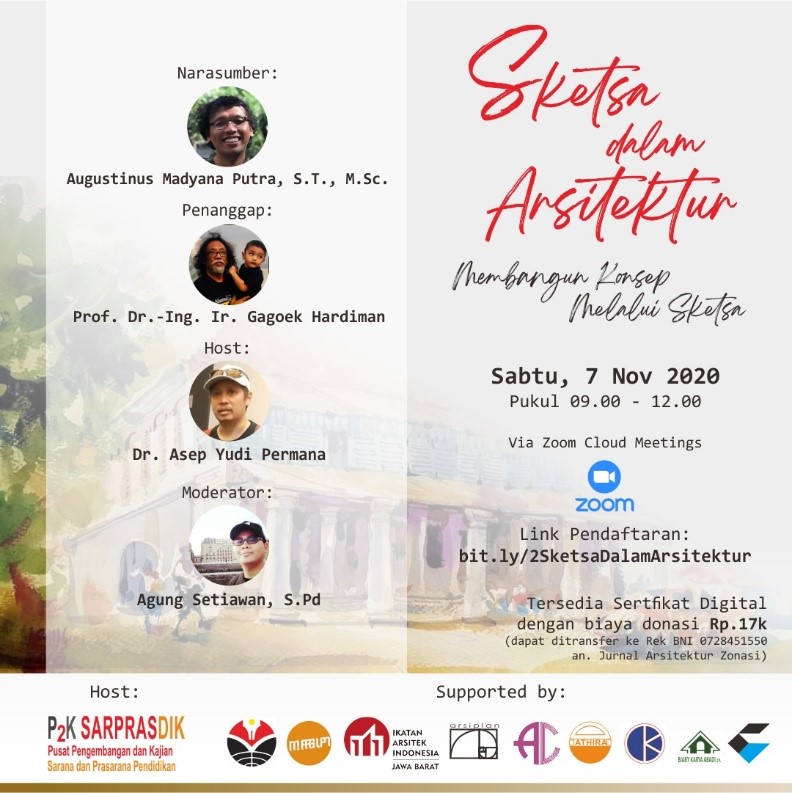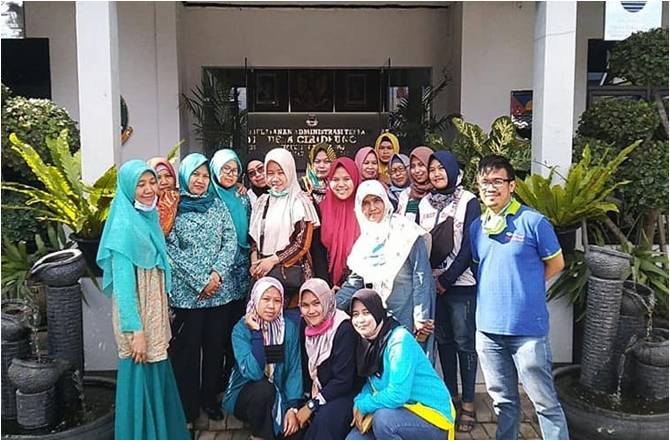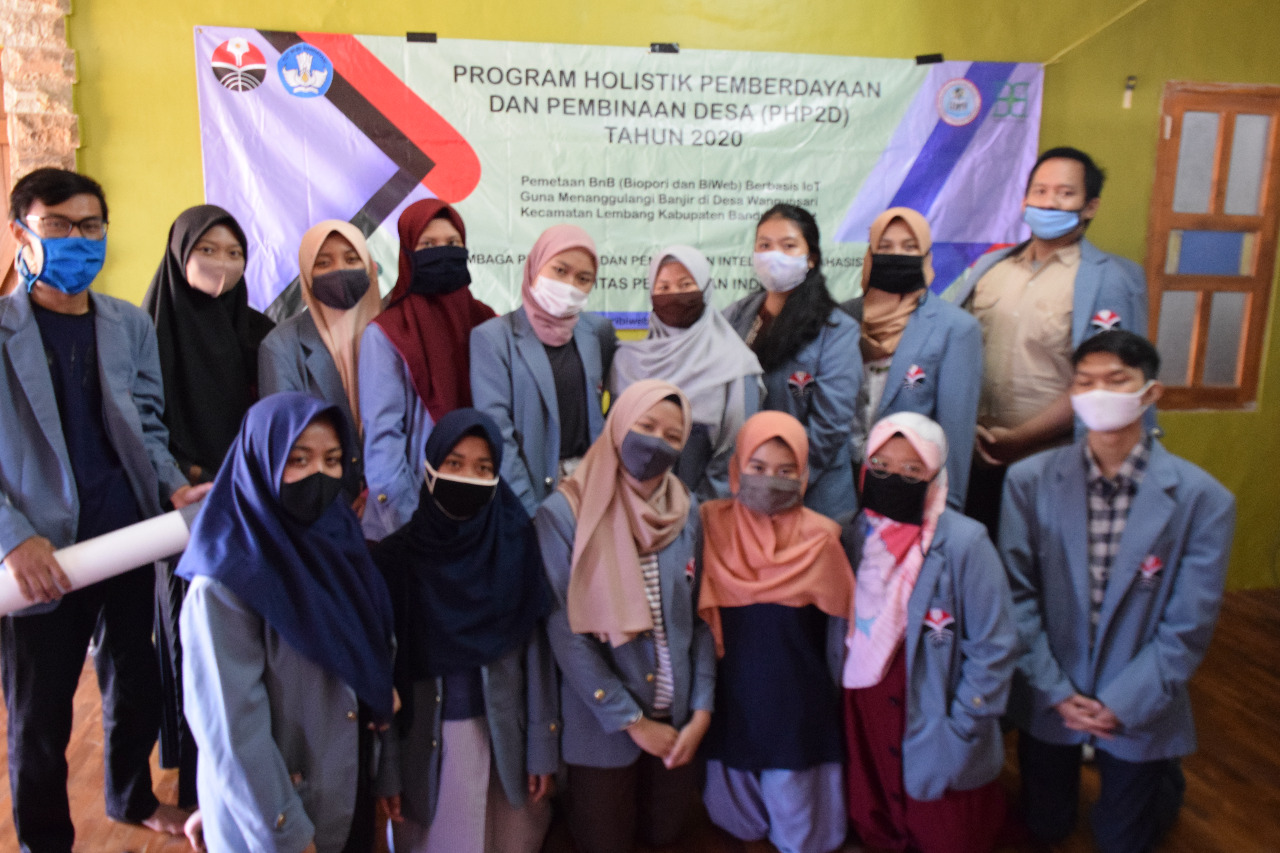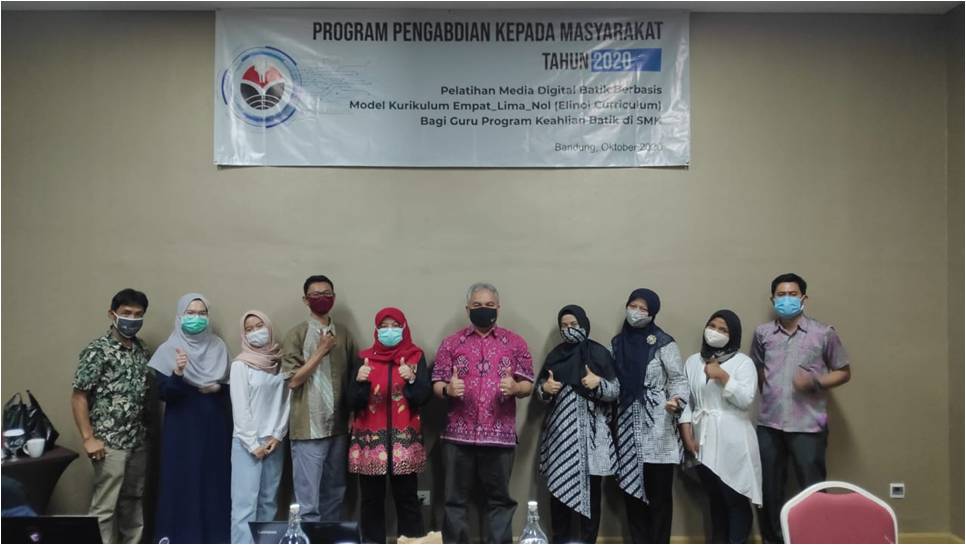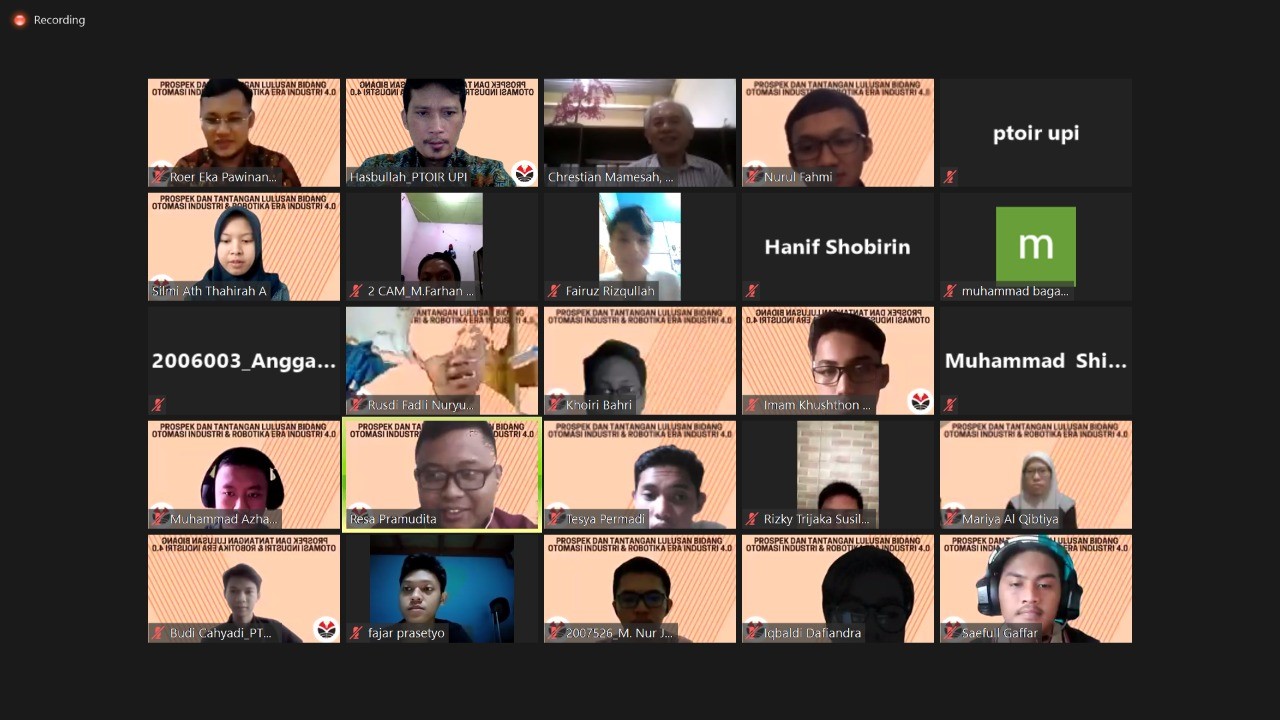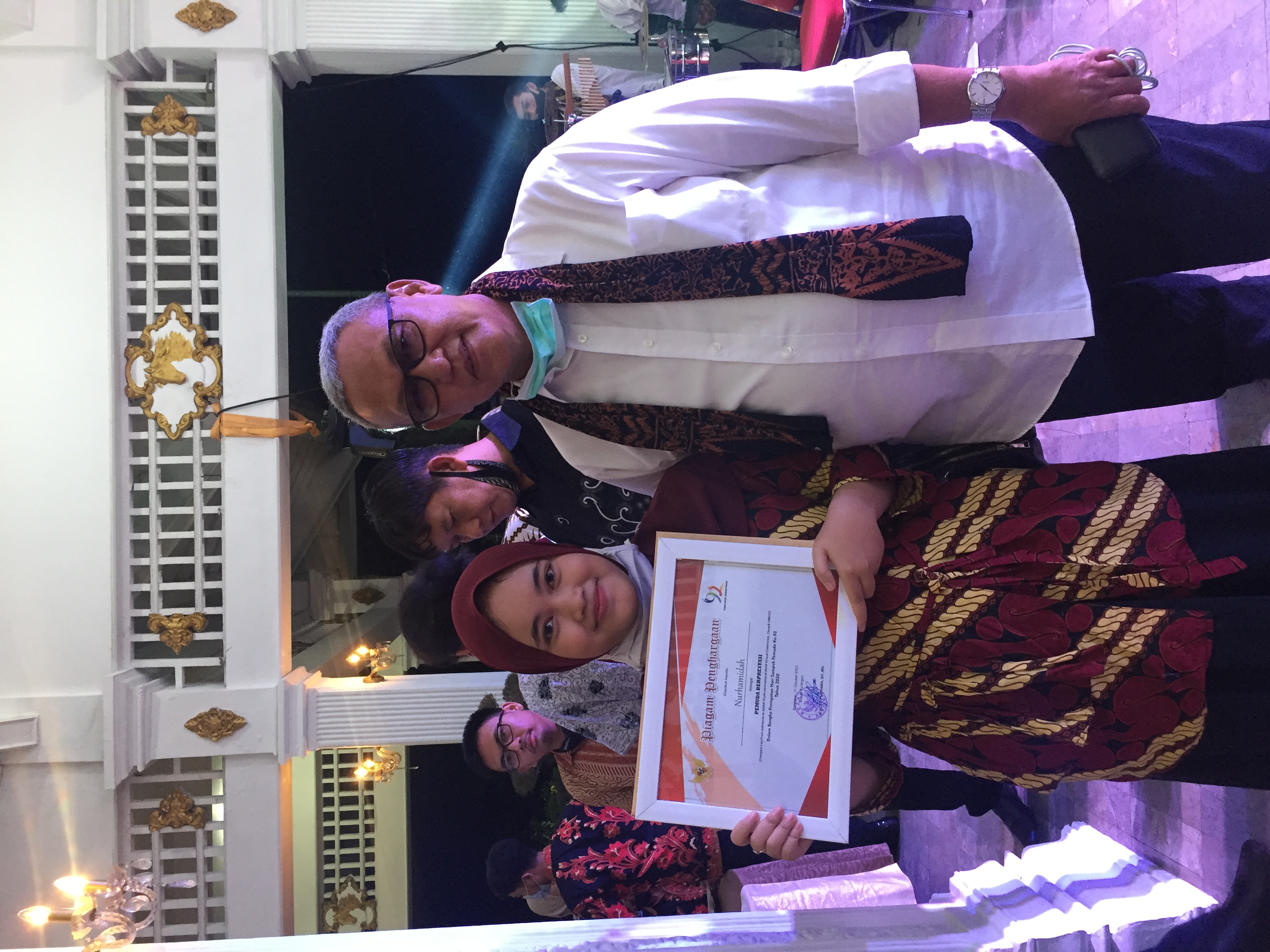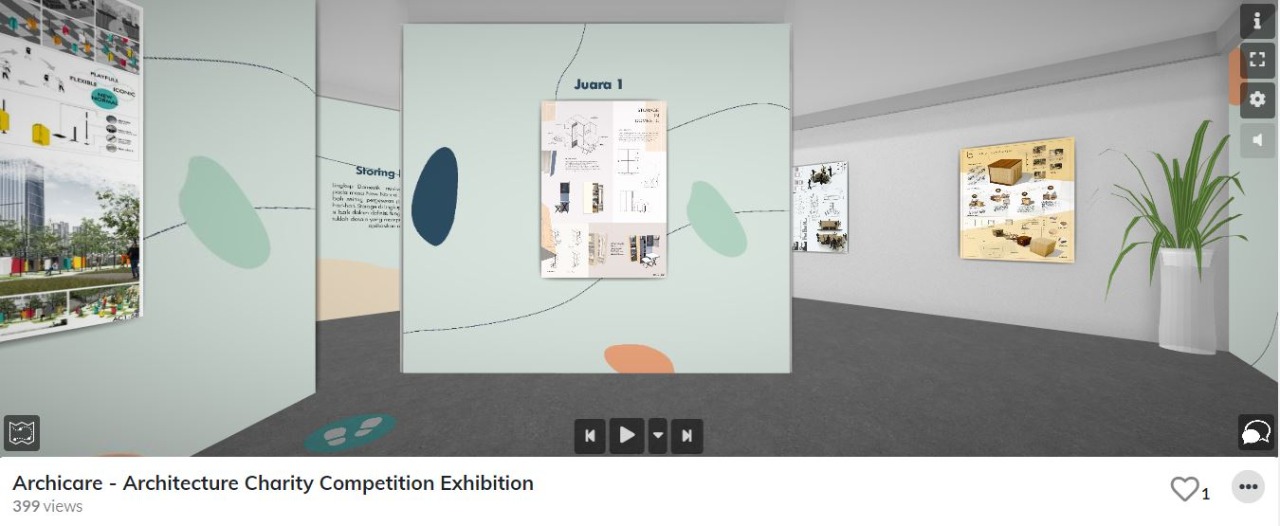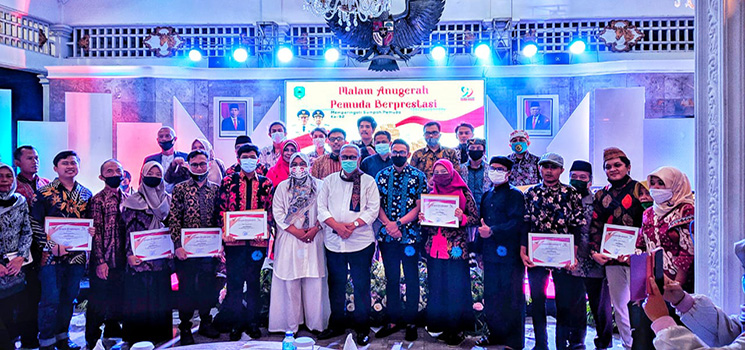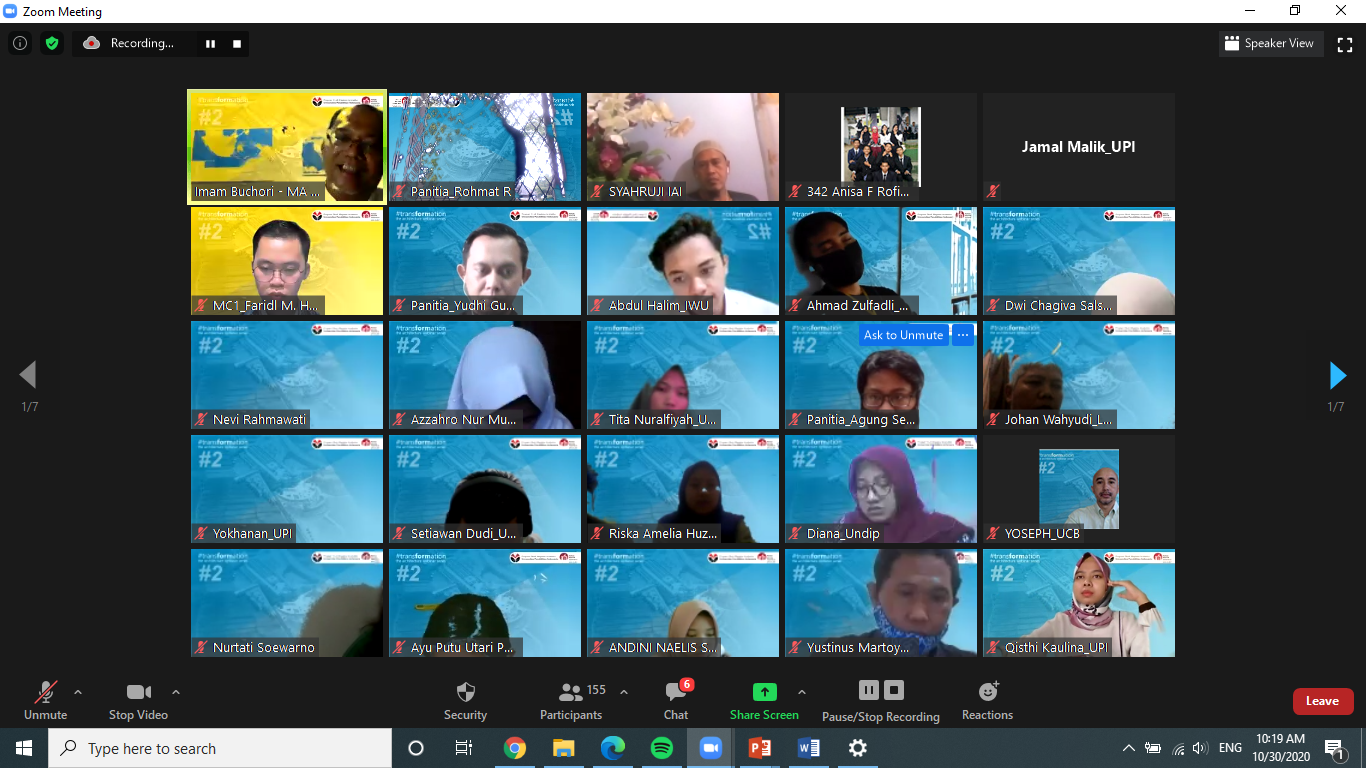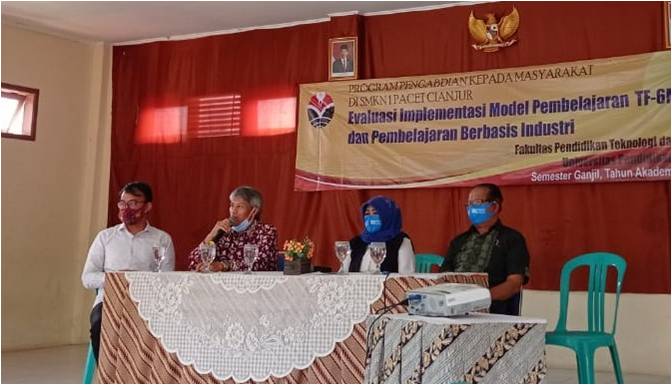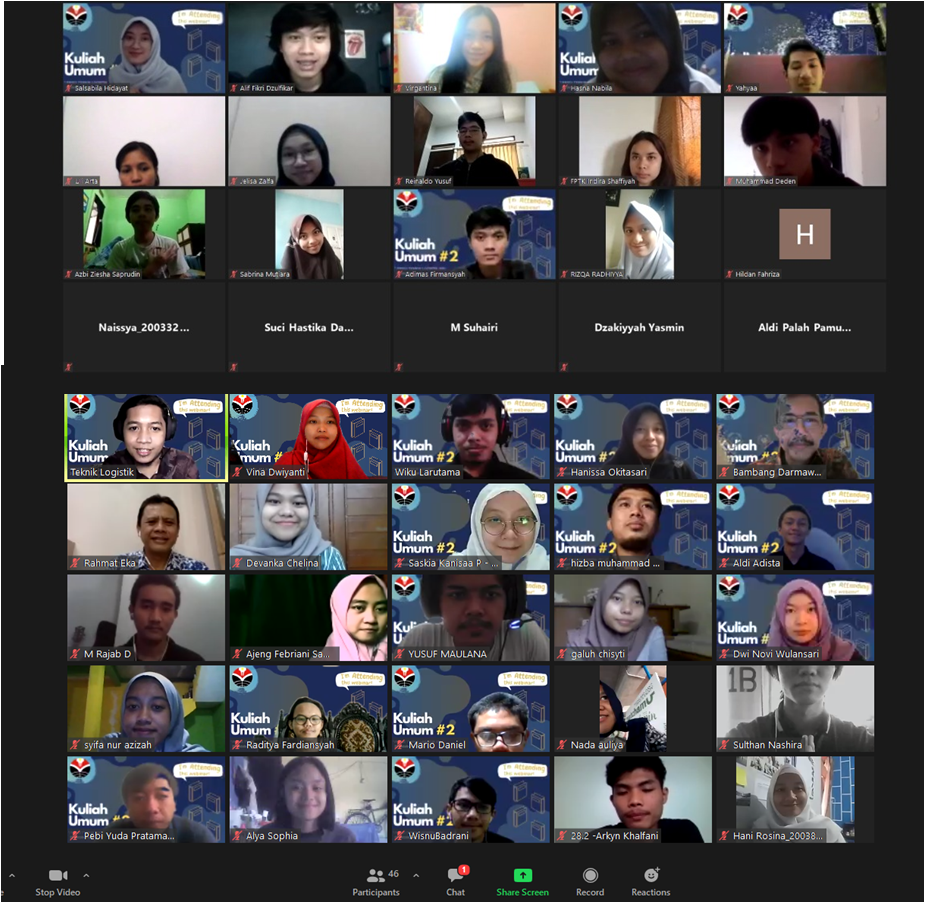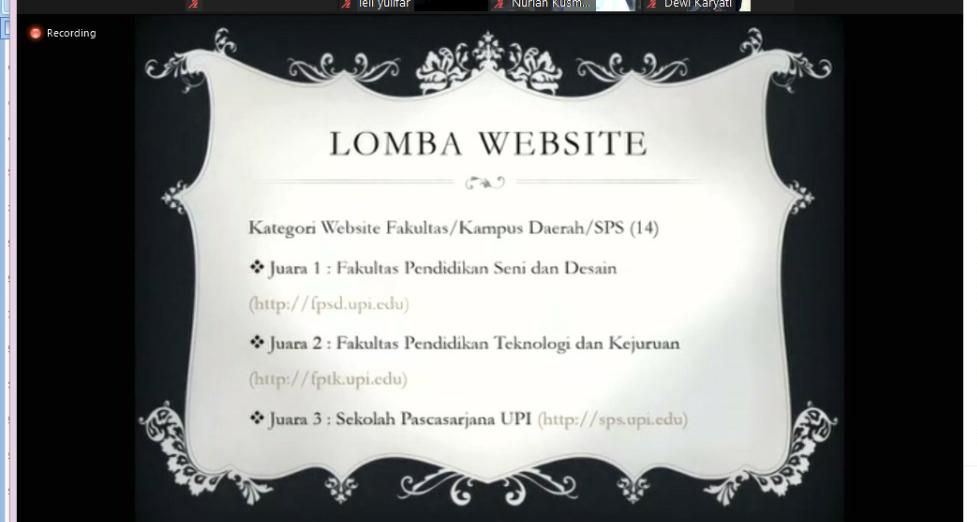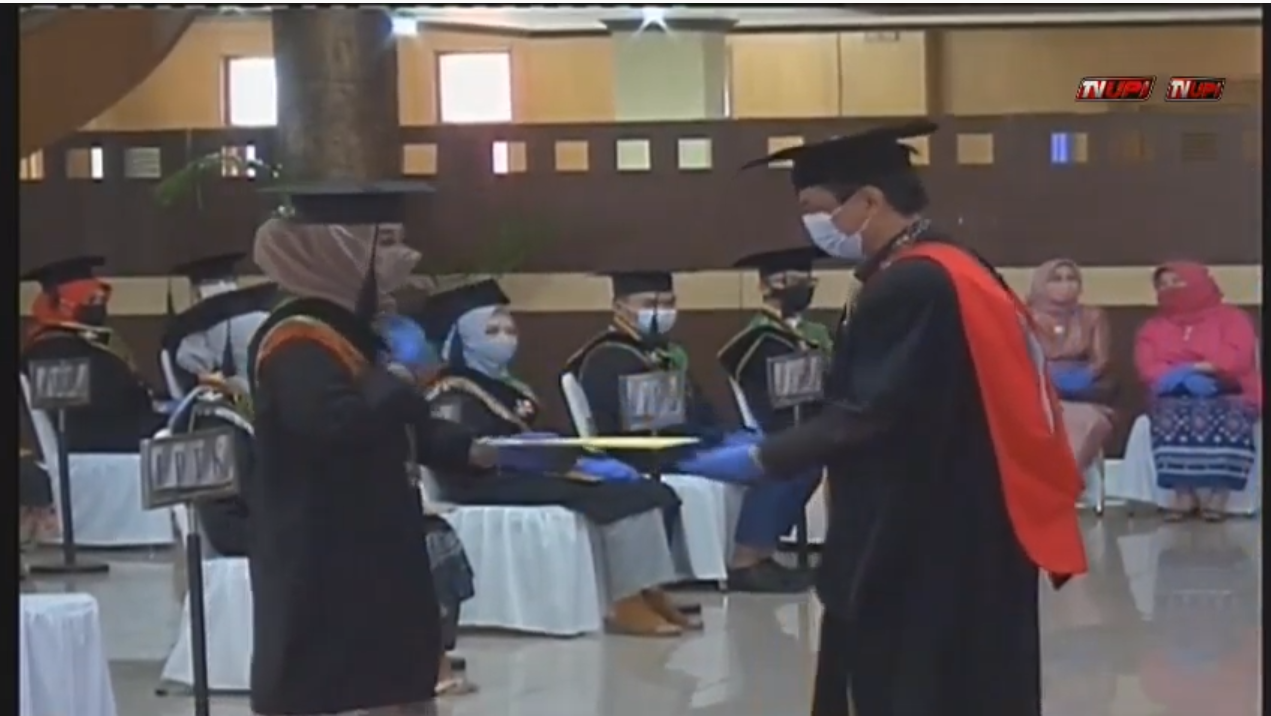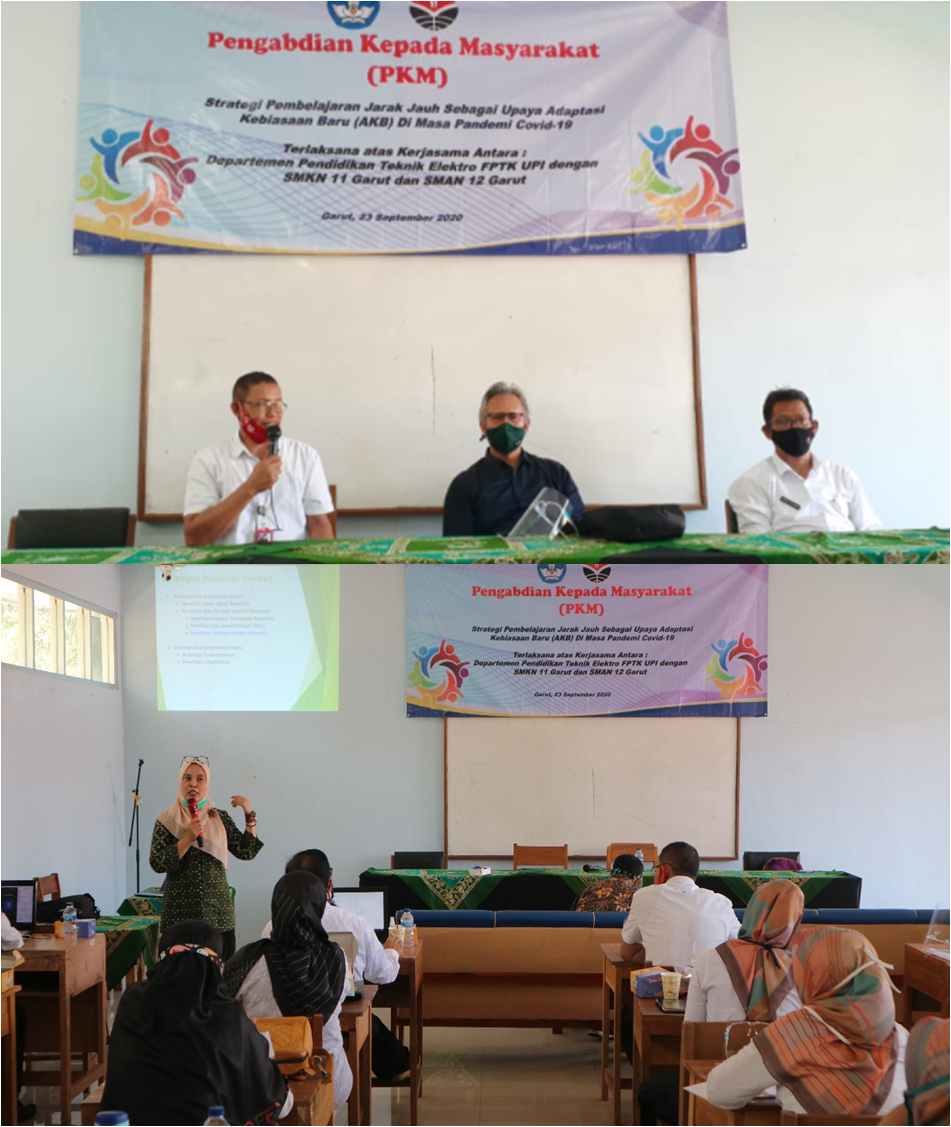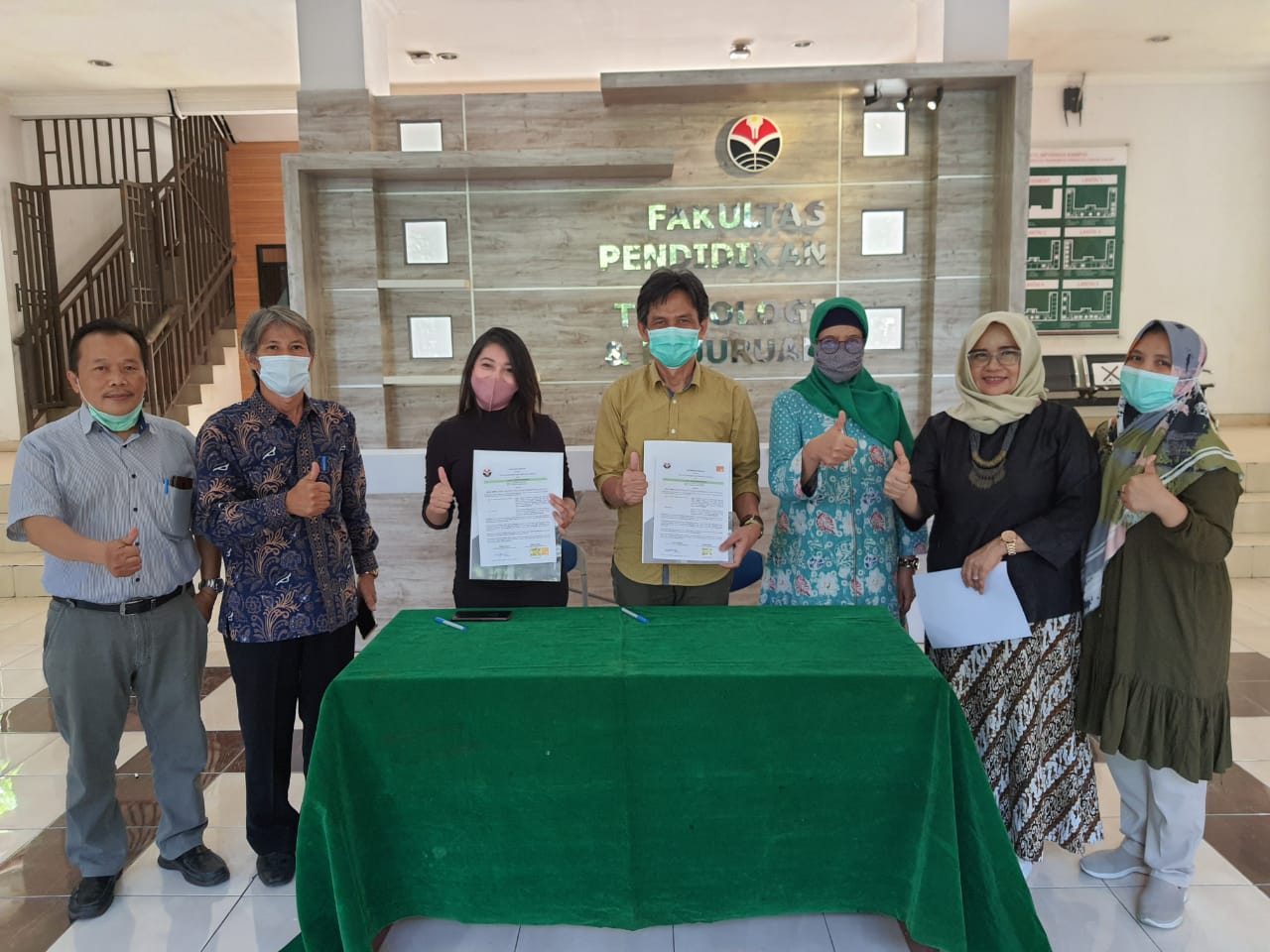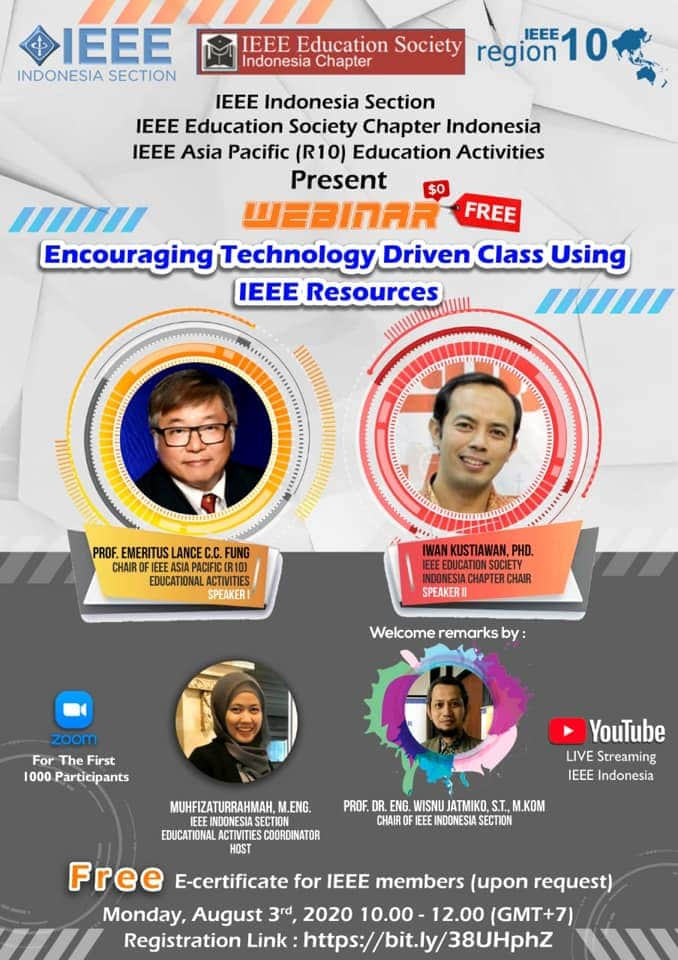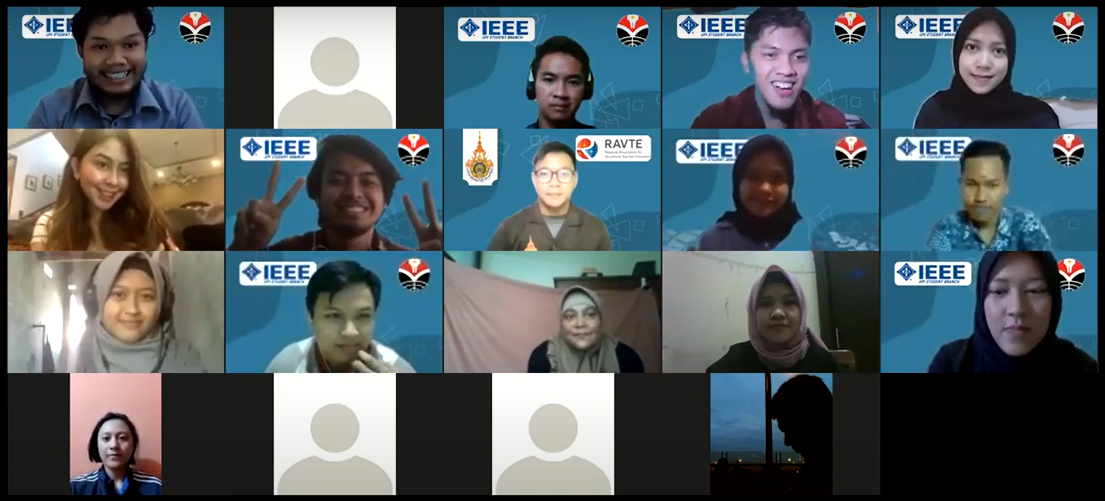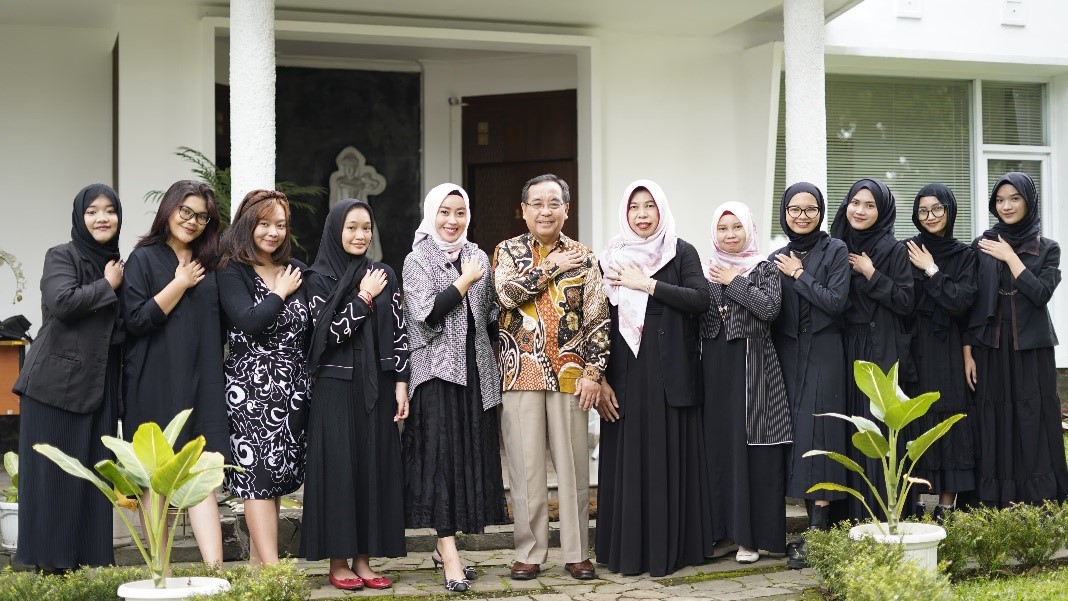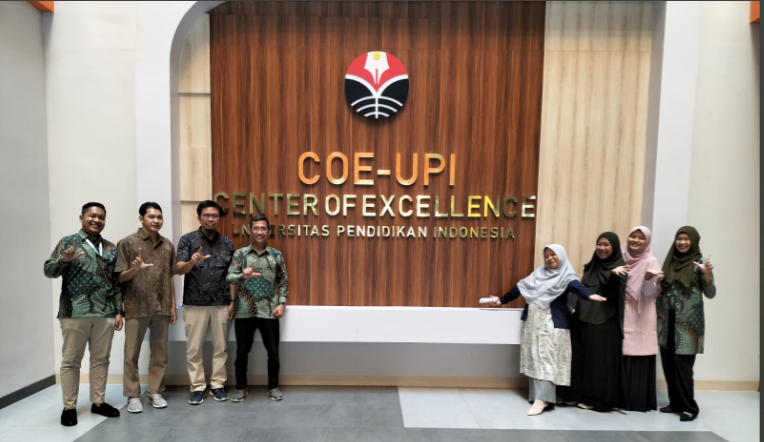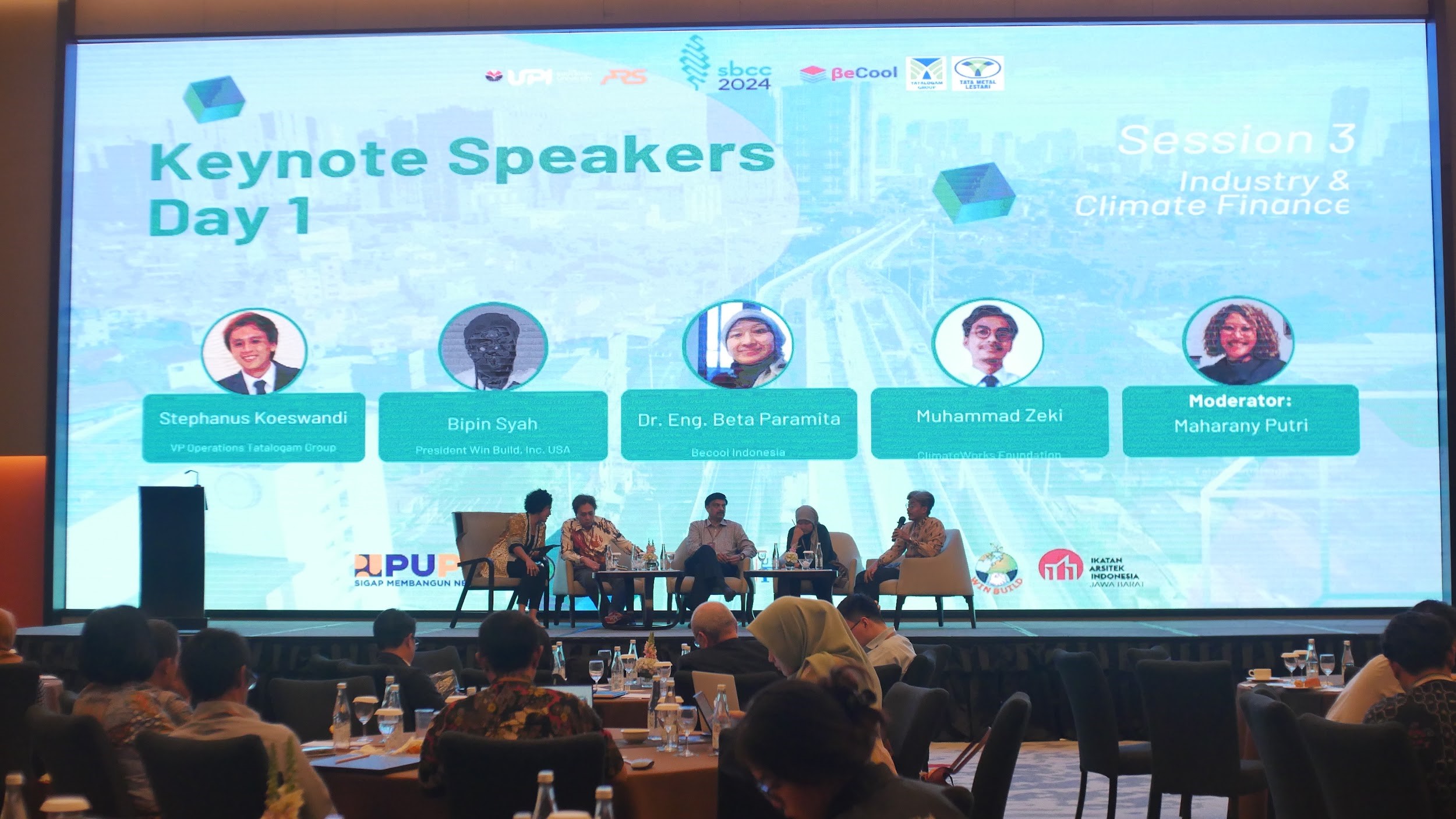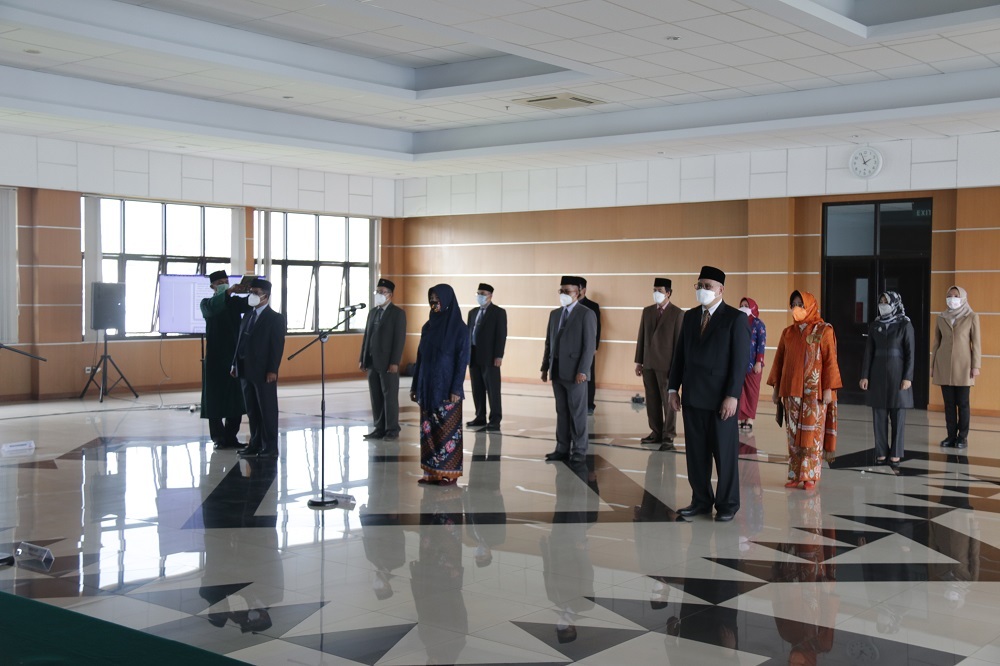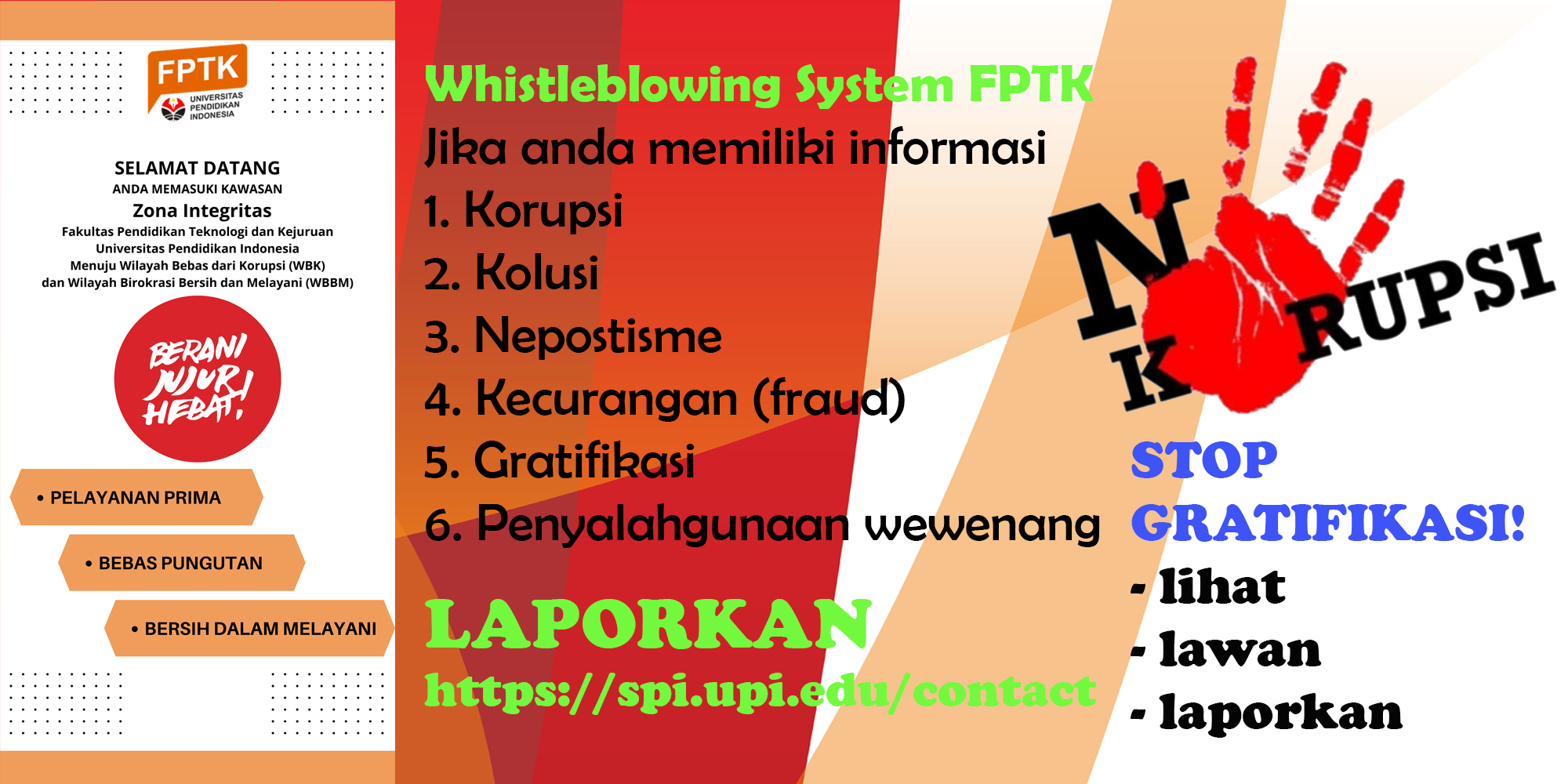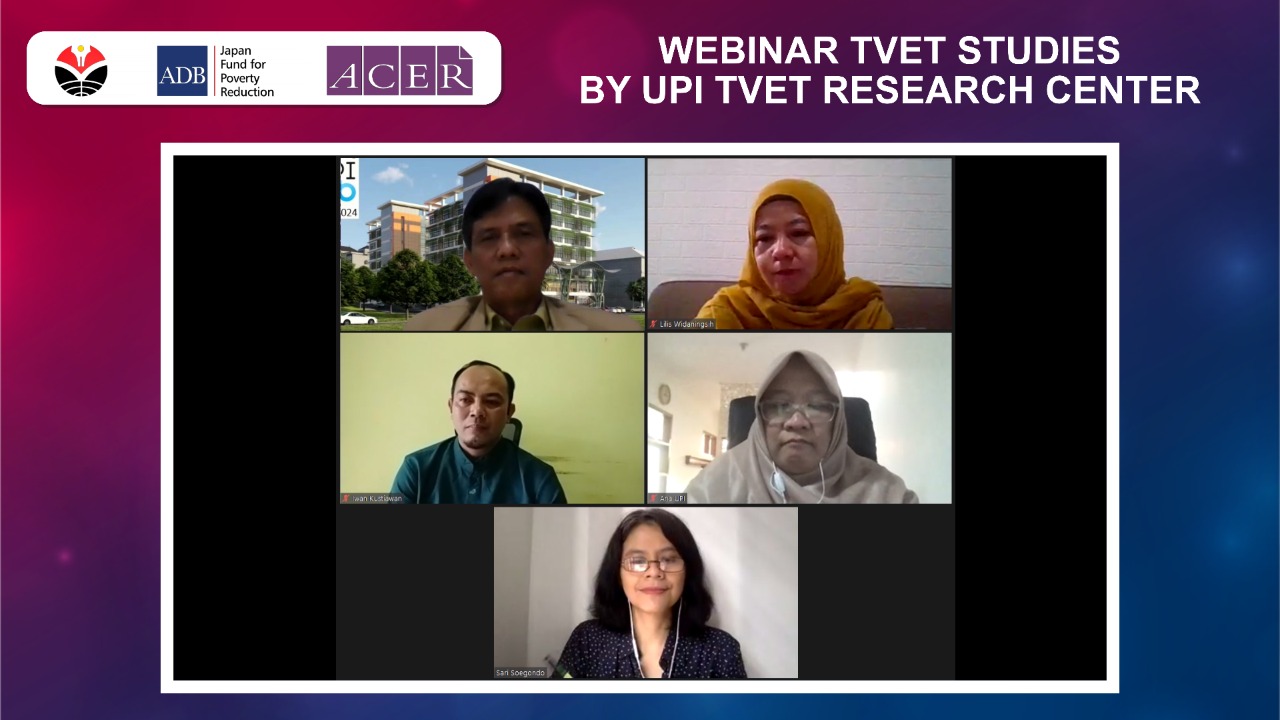
Min. co.id, Bandung. Universitas Pendidikan Indonesia (UPI) Technical and Vocational Education and Training Research Center (TVET RC) announced the results of its two latest studies, namely "Vocational Learning During and After the COVID-19 Pandemic" and "Competence of Vocational Education Teachers in Free Learning Era "which took place online, Friday (11/12/2020).
This activity was supported by the Advanced Knowledge and Skills for Sustainable Growth in Indonesia (AKSI) project under the collaboration of the Ministry of Education & Culture and the Asian Development Bank (ADB).
The birth of Blended Learning and Flexible Learning Delivery
Iwan Kustiawan, S.Pd., M.T., PhD, a researcher at TVET RC, who is also a lecturer at the UPI Technology and Vocational Education Faculty, emphasized that we are currently experiencing a vocational learning revolution, triggered by the coronavirus pandemic."
Iwan explained, "There has been a shift in pedagogy in teaching, from an approach that was previously local to now global, due to the intensive use of technology that is currently relied on to support teaching and learning activities." He said that there are now more virtual classes and opportunities for independent study. Iwan also revealed that the results of his study indicate a trend towards blended learning activities that combine online and offline learning experiences.
This is where the important characteristics of the 21st-century teachers and students are tested in a time of crisis. The SAMR (Substitution, Augmentation, Modification, and Redefinition) and TPACK (Technological, Pedagogical, and Content Knowledge) model can encourage educators to apply the power of technology to support vocational learning, "added Dr. Lilis Widaningsih, S.Pd., MT, Fellow Researcher at TVET RC and Lecturer at the UPI Technology and Vocational Education Faculty.
Dr. Lilis refers to the shift of the traditional teaching-learning mode to a digital version, the incorporation of interactive digital media, the involvement of teachers and students in learning applications that are shared platforms, and the birth of new concepts and definitions of learning. This study also states that the Science, Technology, Engineering, Arts, Mathematics, Vocational (STEAMV) approach is considered an appropriate approach in future vocational learning. This is because the STEAMV approach can support vocational learning in an integrated manner and strengthen 4 critical components (4Cs), namely Creativity, Critical Thinking, Communication, and Collaboration.
Both stated that the emergence of COVID-19 brought the vocational education ecosystem to a new paradigm. This is expected to be internalized into the mentality of educational institutions and inspire a long-term vision of education.
Increasing Soft Skills of Educators and Freedom of Learning.
Meanwhile, from the results of the second study, Dr. Ana, M.Pd, Deputy Dean of Student Affairs at the Faculty of Technology and Vocational Education, UPI, said, "The development of the current situation requires sharpening the priority of vocational teacher competencies. Especially to support student independence in learning."
She further explained that teachers in the independent era of learning are required to integrate the learning process with technology, especially digital technology and because vocational education has a significant difference in preparing the competencies of its graduates, according to industry needs and demands.
Therefore, the readiness and competence of vocational teachers also need to go hand in hand to improve the quality of sustainable education. Today's vocational teachers must have competence following global demands as well as the fast-shifting of industries, "
Dr. Ana added that the research she leads produces recommendations for several priorities for vocational teacher competencies that need to be achieved, which are compiled based on industry perceptions, policymakers, teachers and lecturers. Dr. Ana and her team dissect their research into four competencies that an educator must have, namely; pedagogic competence, social competence, personality competence, and professional competence.
The set of competencies coveted by stakeholders based on priorities in each aspect, among others; the ability to actualize the potential of students (92%), the ability to communicate effectively, emphatically, and politely (100%); have high discipline in the learning process (100%); and, have expertise in the field (85%).
Dr. Ana emphasized, "Our findings prove that soft skills, such as managerial skills, self-leadership, and attitudes and behaviour, are the priority skill requirement that vocational teachers are must have. These results reflect that the effort to prepare graduates is directly proportional to the readiness and competence of vocational teachers themselves. "
TVET RC UPI encourages the Education Personnel Education Institution (LPTK) to adopt these findings to adapt their respective teaching programs. Given the very broad spectrum of vocational education, TVET RC has a strategic work plan to explore and map various TVET issues into study or research groups so a long-term research roadmap can be drawn up.
Besides, TVET RC builds partnerships with vocational schools and industry, as well as various groups of relevant stakeholders, including policymakers, to strengthen the results of studies that contribute to improving the quality of TVET in Indonesia. (Bus)
News taken from: https://min.co.id/11/12/2020/pend Pendidikan/tvet-rc-upi-beberkan-revolusi-blended-learning-dan-pendunjuk-merdeka-belajar/
Berita Terkait
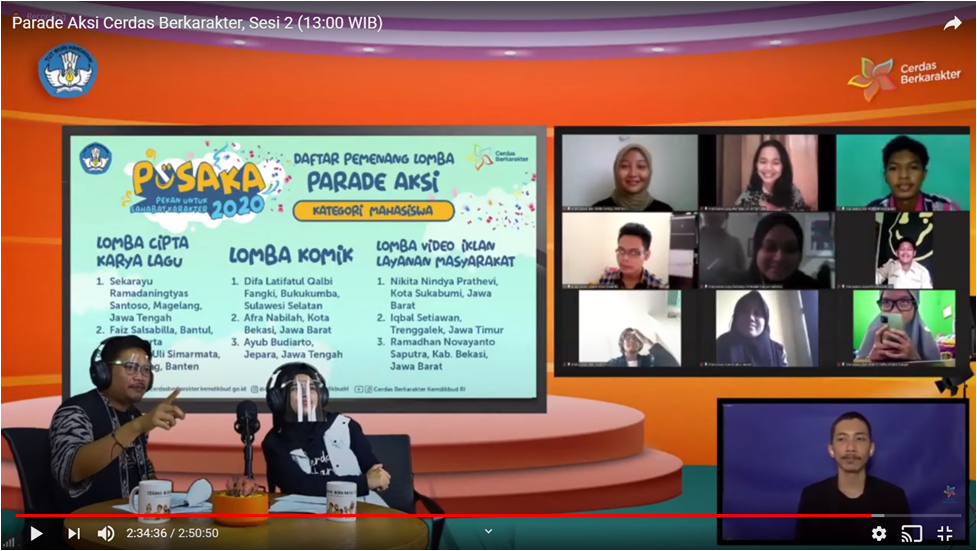
A Student of Family Welfare Program of Study Wins 1st Place in Community Service Ad Video Contest
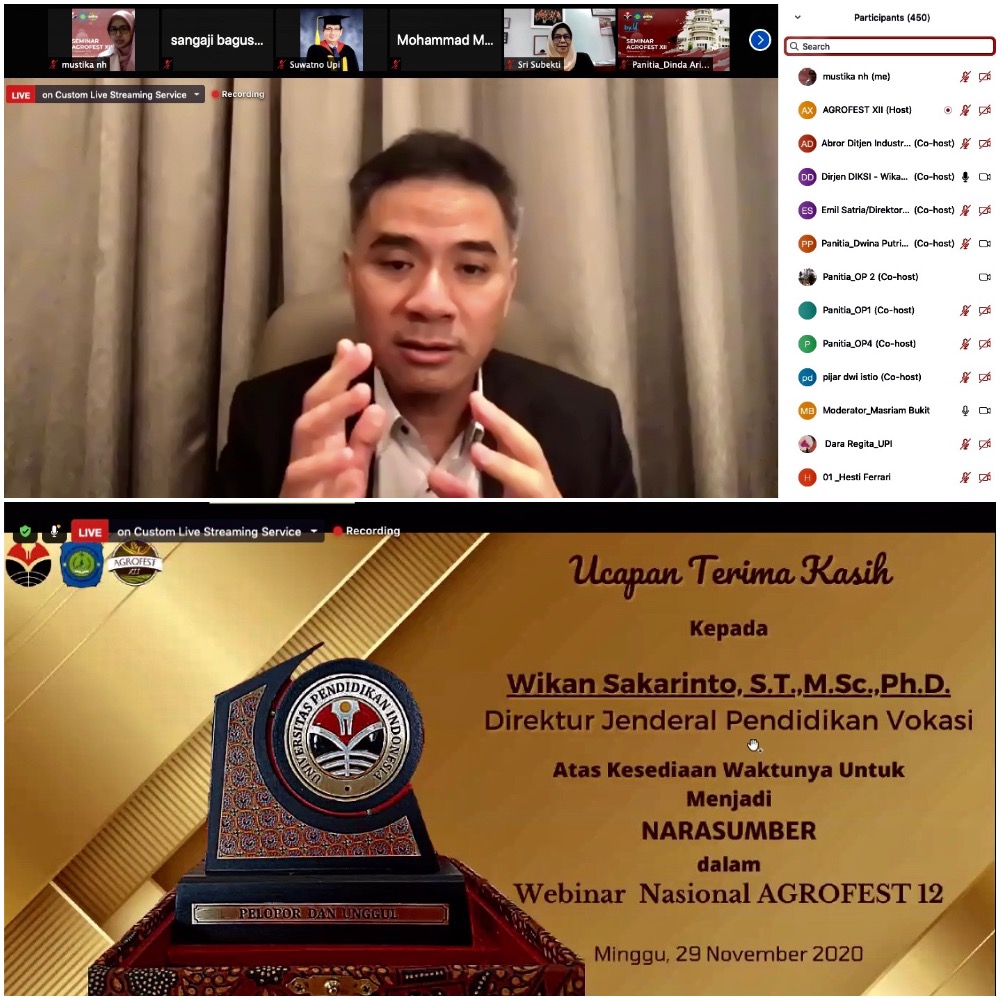
Directorate General of Vocational Education, Ministry of Education and Culture: Start from the end
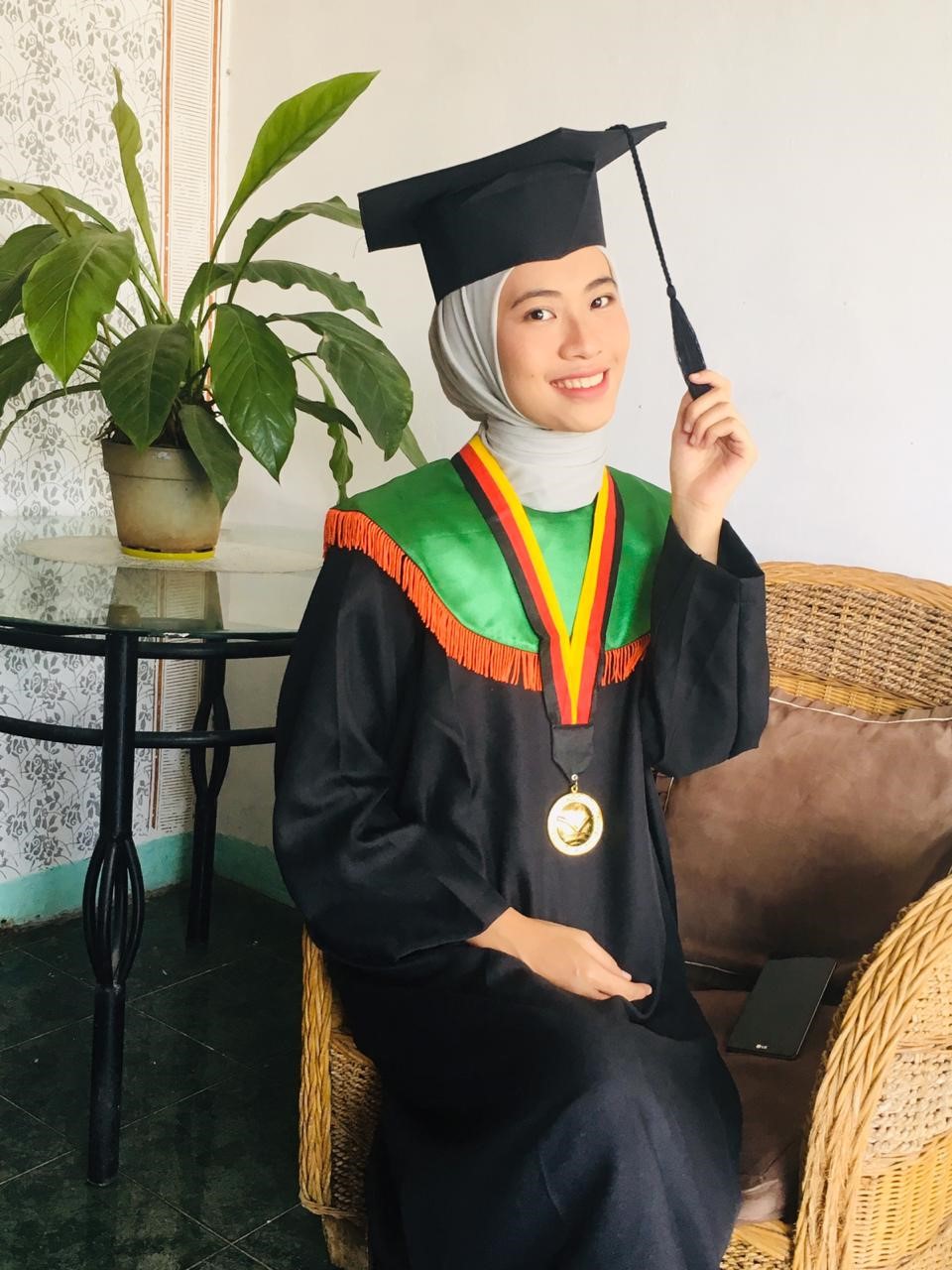
The Story of Della Aliyah, the Best Graduate of a Bachelor of Fashion Design Education Study Program
Profile FPTK 2023
Arsip Berita
Berita Populer & Terbaru
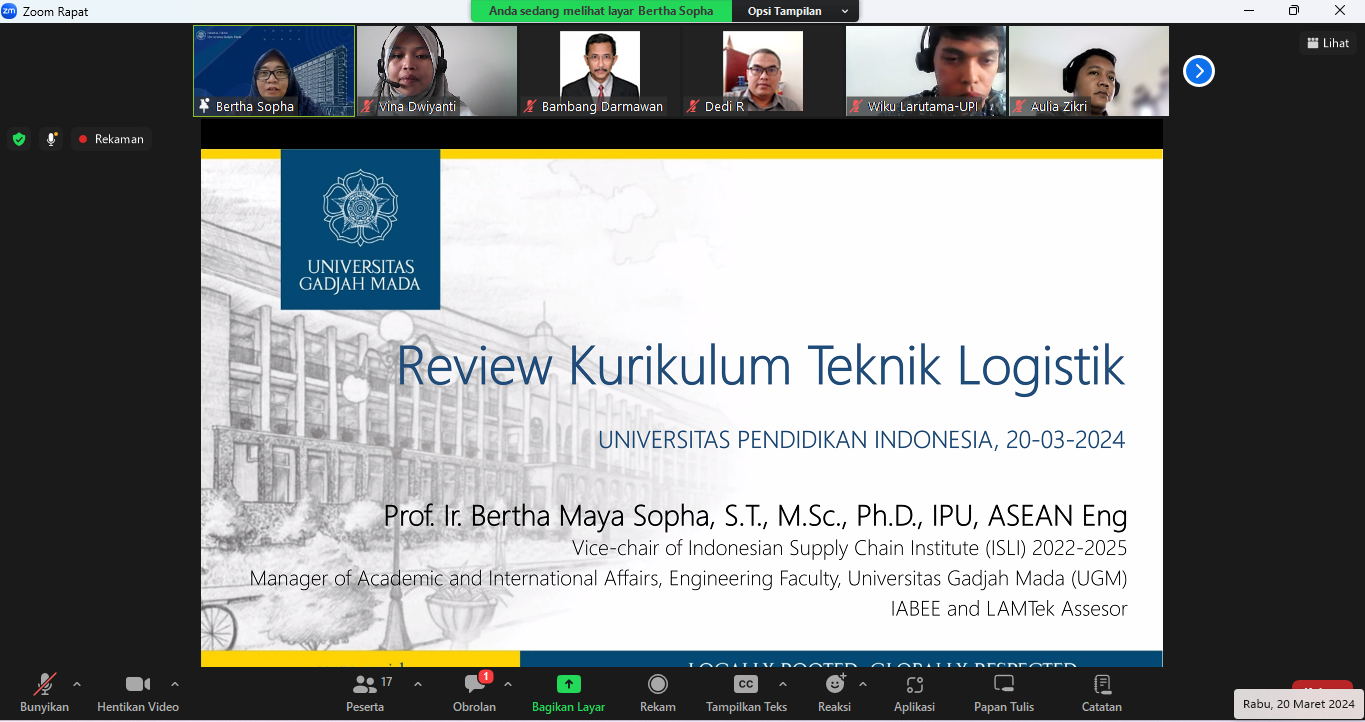
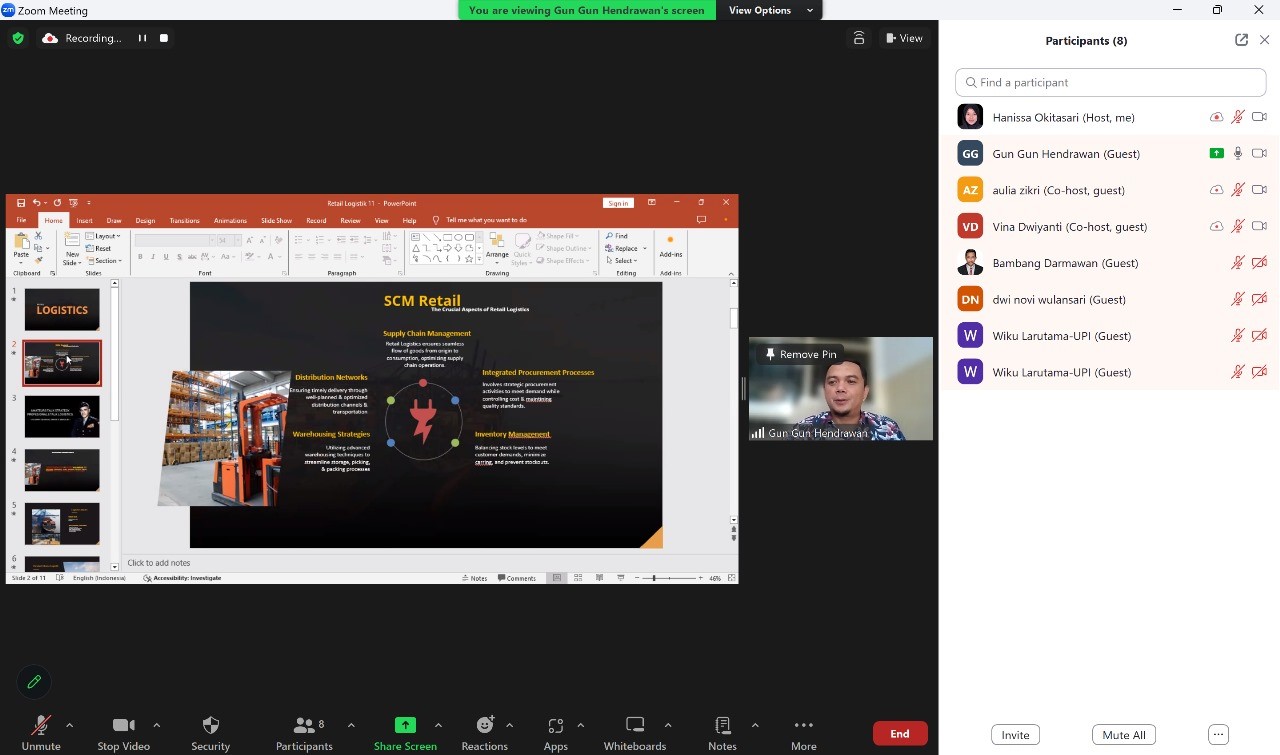
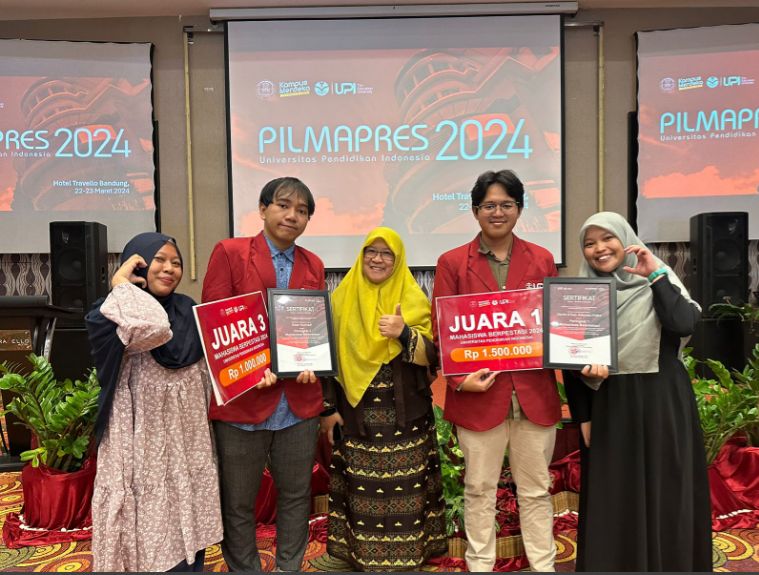
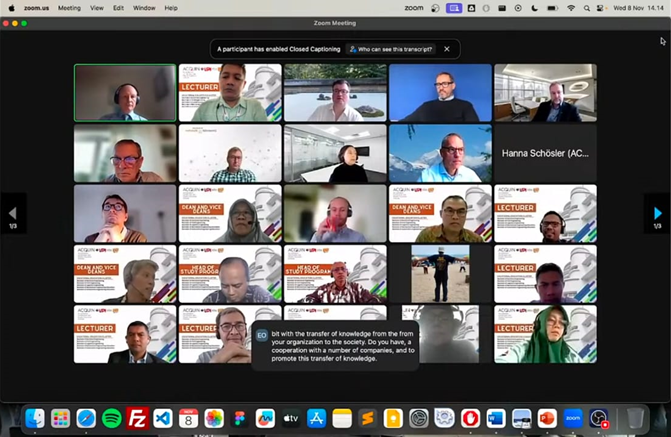
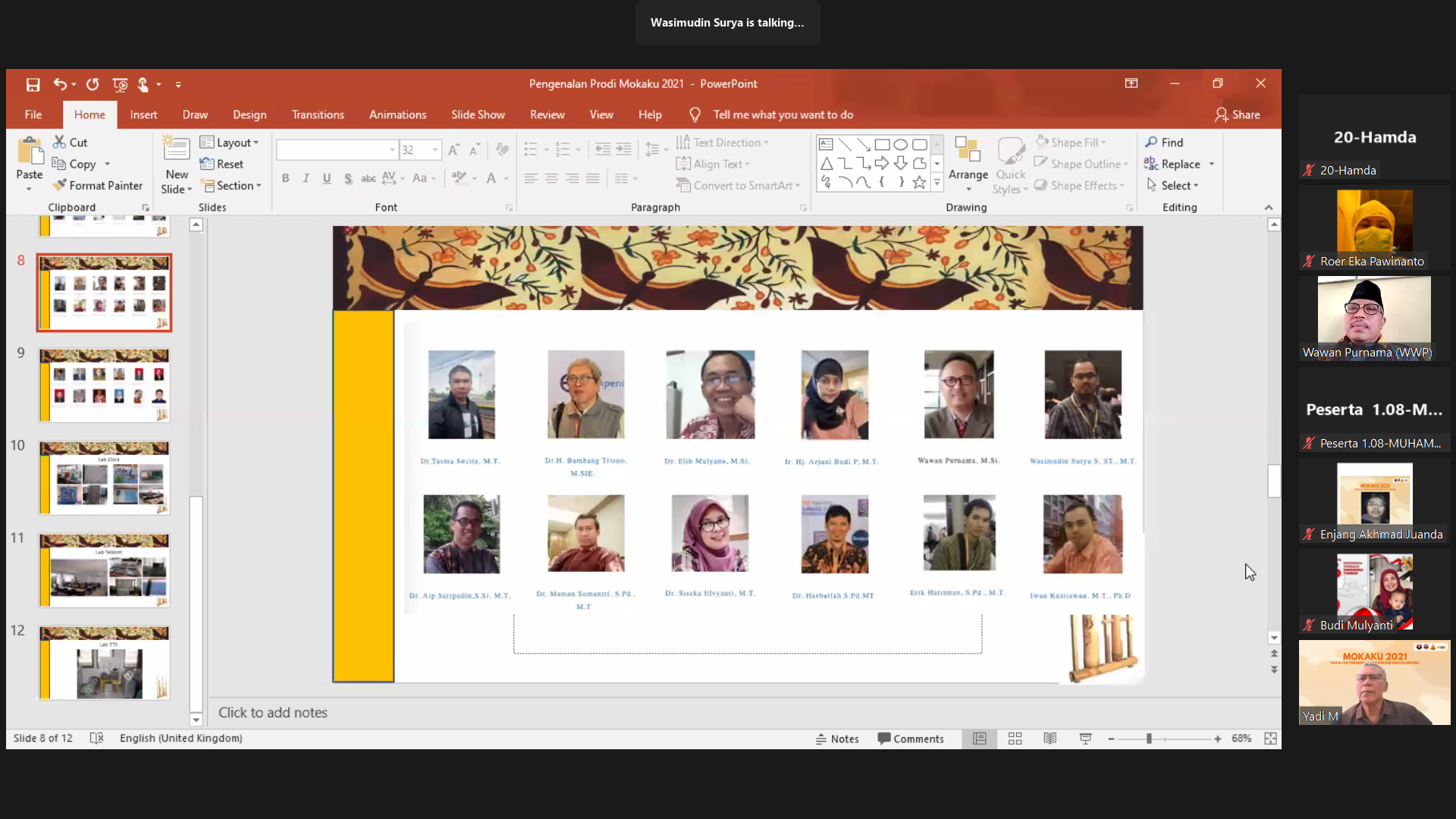
 Fakultas Pendidikan Teknologi dan Kejuruan
Fakultas Pendidikan Teknologi dan Kejuruan
